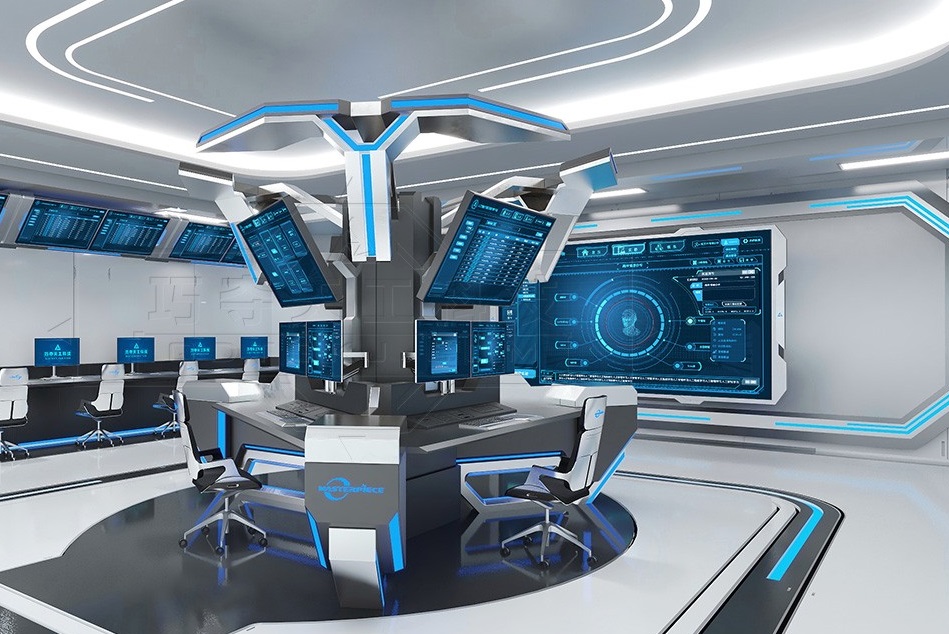
On November 6, 2024, the scientific community ushered in an exciting news: The "Intelligent Lab" developed by the University of Liverpool in the United Kingdom - artificial intelligence driven modular mobile robot platform related research papers were published in the journal Nature. This achievement is like a bright new star, illuminating the road of innovation in the field of chemical research, and bringing unprecedented opportunities for future scientific exploration.
For a long time, chemical experiments have faced many challenges. From complex experimental procedures to the handling of dangerous reagents, from a large number of repetitive operations to tedious data analysis, these problems not only limit the efficiency of experiments, but also pose a potential threat to the safety of researchers. The "Smart Lab" robot platform developed by the research team at the University of Liverpool is undoubtedly a golden key to solving these problems.
This modular mobile robot platform is a masterpiece of deep integration of artificial intelligence and chemistry experiments. It is like a tireless chemist's assistant, able to move freely through the laboratory. Its mobile function is not a simple mechanical movement, but based on advanced navigation systems and sensor technology, which can accurately locate each test bench, reagent storage and other locations. This autonomy allows it to flexibly switch between multiple experimental projects, greatly improving the efficiency of laboratory space utilization.
Automatic addition of reagents is one of the core functions of the robot platform. In chemical experiments, the amount and order of reagent addition often have a crucial effect on the experimental results. This intelligent robot is operated by a high-precision dosing device and a precise robotic arm, which can add reagents with microgram or even nanogram accuracy. Whether it is a highly volatile organic solvent, or a corrosive, toxic dangerous reagent, it can be accurately handled. This not only avoids the error that may be caused by human operation, but more importantly, guarantees the safety of scientific researchers and reduces their exposure to dangerous environments.
Self-service analysis of data and filtering results is another highlight of the platform. During the experiment, the robot is equipped with a variety of advanced analytical instruments, such as spectrometers, chromatographs and other interfaces. It can collect experimental data in real time and analyze the data with built-in artificial intelligence algorithms. These algorithms are trained on a large number of chemical experiment data, and can quickly identify valuable information, such as the key nodes of the reaction, abnormal data, etc. Through the screening and analysis of data, researchers can more quickly understand the experimental progress, timely adjustment of experimental strategies, so as to accelerate the process of research.
From supramolecular chemistry to medicinal chemistry, this "smart lab" shows great potential for applications. In supramolecular chemistry, complex molecular self-assembly processes require fine control of a variety of conditions. The robot platform can quickly explore the best reaction conditions by constantly adjusting reagent concentration, temperature, reaction time and other parameters, providing strong support for the research and development of new supramolecular materials. In medicinal chemistry, drug synthesis often requires multiple steps and involves a large number of chemical reactions. The platform is able to efficiently complete the entire process from raw material preparation to synthetic reaction to product analysis, helping to accelerate the development of new drugs and contribute to addressing the world's growing medical needs.
It is undeniable that the "Smart Lab" robotic platform at the University of Liverpool in the UK has opened a new door for chemistry research. With the continuous advancement of technology and the gradual reduction of cost, it is expected to be widely used in chemical laboratories around the world.
In short, we can expect this platform to continue to evolve, combined with more cutting-edge technologies, such as quantum chemical computing, biochemistry cross-research, etc., to bring more surprises and breakthroughs to the field of chemistry and even the entire scientific world, and promote human understanding and utilization of the material world to a new height.

Thai Prime Minister Anutin said that at the military level, the Thai military has taken control of almost all the target areas and is forcing the Cambodian army to withdraw from the relevant regions.
Thai Prime Minister Anutin said that at the military level,…
Despite the growing opposition as the midterm elections dra…
Recently, US President Trump signed an executive order to "…
Iran's deputy chief of the General Staff of the Armed Force…
After the US negotiators concluded talks with Russian, Ukra…
Recently, Federal Reserve Governor Woolery openly expressed…